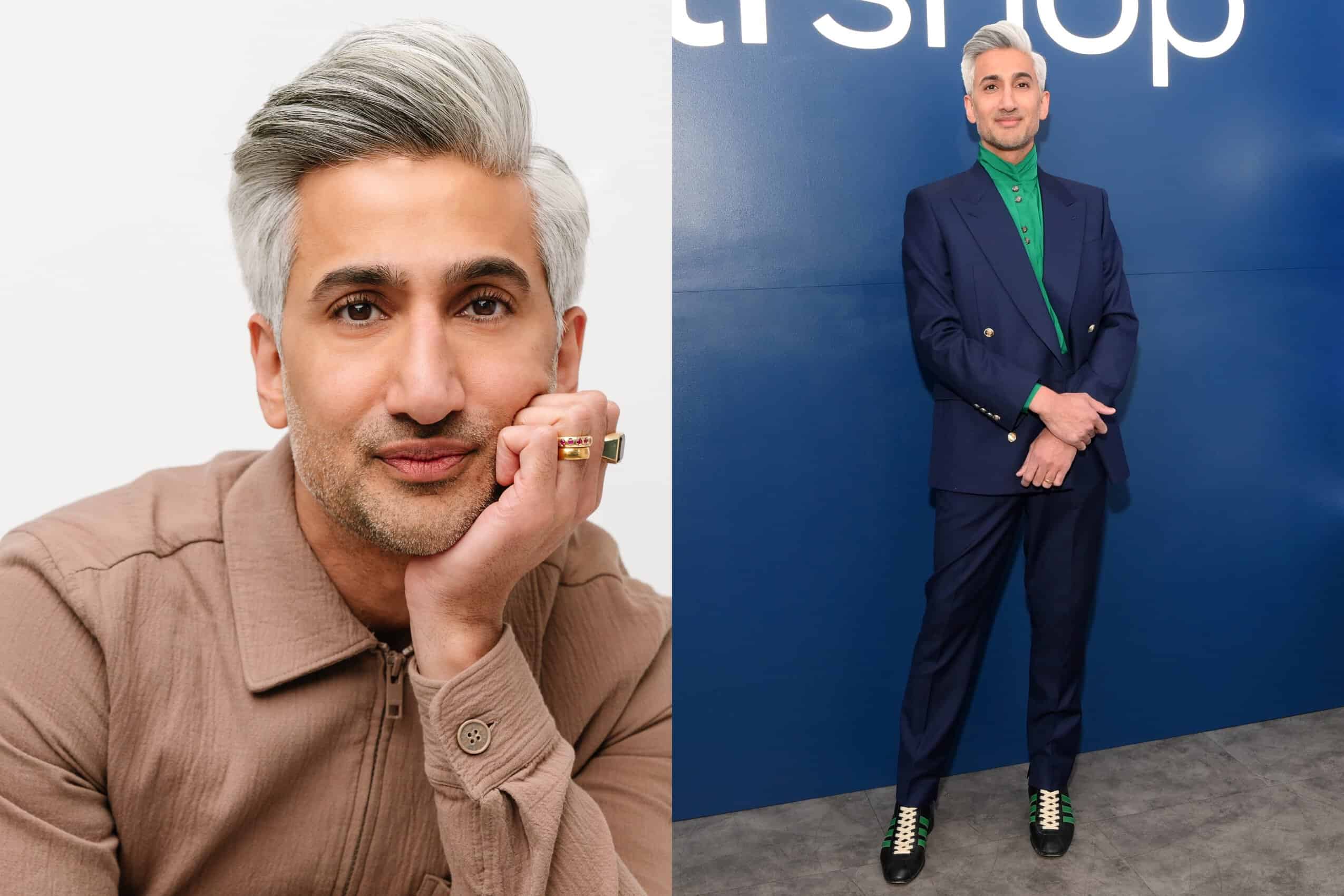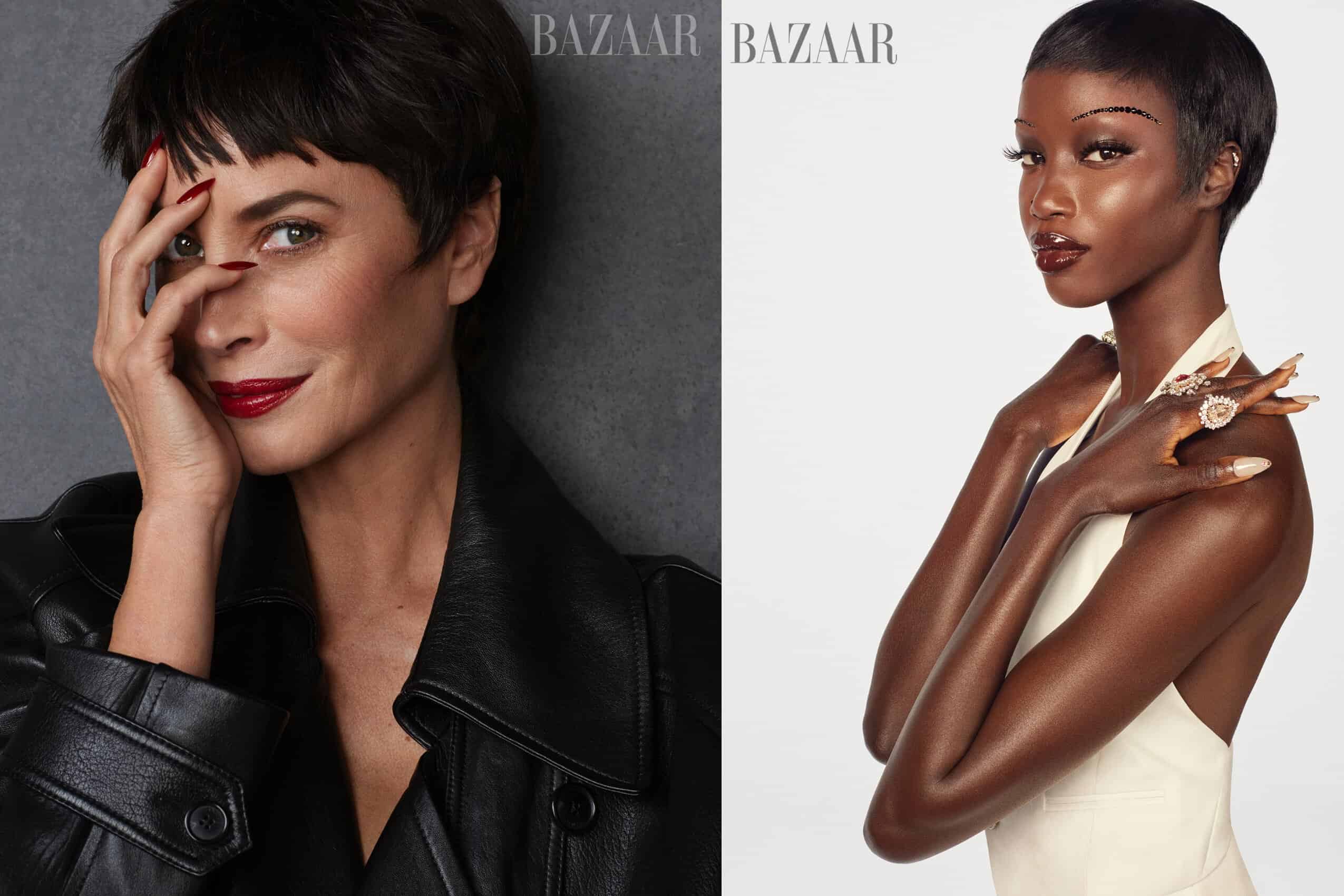I’m not sure what normal is anymore. I just know that moment by moment, second by second, we’re navigating corners in a reality immune to definition. “Normal” over the last two years is learning that tomorrow is the most important thing in life. (And after an arduous flight, which saw my flight canceled, then delayed, and my luggage misplaced, causing me to scramble to meet the present day. The idea of tomorrow felt reassuring). But what’s felt just as nourishing is tomorrow finally arriving.
And it arrived in full force at the 56th edition of the Karlovy Vary International Film Festival. From a stirring opening ceremony to seeing a cadre of familiar faces, many signs of normal exist here. But what I’m most struck by, other than the gorgeous pseudo-Renaissance architecture and the crowded cobblestone streets of this verdant, mountain-nestled town, is its vibrancy and age. While KVIFF is one of the oldest film festivals in the world, I’ve been warmed by how many teenagers and college-aged adults are around, lining up for every movie, and taking in the best of world cinema. It’s a joyful sight that’s made me less pessimistic about the future. For as long as festivals like KVIFF are inspiring the next generation, then how can’t you be an optimist?
It’s somewhat fitting then that my first film, on my first full day, was Pakistani filmmaker Saim Sadiq’s feature directorial debut: “Joyland.” I say “somewhat” because “Joyland”—winner of Cannes’ Un Certain Regard Jury Prize and Queer Palm—isn’t particularly wholly cheerful. It’s a bittersweet and melancholic interrogation of sexuality and gender roles that pulls very few punches.
Haider (Ali Junejo) can never please his traditional father (Salmaan Peerzada). While his wife Mumtaz (Rasti Farooq) happily heads to work as a hairdresser (she enjoys her independence), Haider stays home to cook and clean, care for his wheelchair using father, and babysit the daughters of his macho brother Saleem (Sohail Sameer) and his sister-in-law Nucchi (Sarwat Gilani). To prove his worth, Haider desperately needs a job.
An old friend offers him a gig as a backup dancer for Biba (Alina Khan), a transgender exotic dancer languishing as the intermission act. The stone-footed Haider is immediately taken by Biba. His awakening both threatens the reputation of his family and pressures his wife.
Sadiq and co-writer Maggie Briggs understand how to make a complex, yet flawed character in Haider without wholly vilifying or absolving him. Haider often struggles to stand up to his father; he also relents to his brother. So much so, he bends to their expected gender roles by agreeing to make Mumtaz a stay-at-home wife, and to try for children—two outcomes Mumtaz stands against. But Haider is cowardly, and consequently, selfish. The latter puts him at odds with Biba, even as the pair develop a burgeoning love, because Haider ignores who she truly is. And it all comes crashing down on Haider in tragic, heartbreaking ways.
Visually, Sadiq and cinematographer Joe Saade (“Costa Brava, Lebanon”) offer evocation compositions: deep depths of field and intelligent blocking—in a provocative story. Sadiq also displays a wonderful sense of sound, specifically dynamics, especially during the dance sequences: One is lit by an entire audience’s cellphones and edited to dizzying ends. And the actors are just wonderful, particularly Junejo, Khan and Farooq—who form a devastating triangle as mourners of their deferred desires. The film carries a couple repetitive scenes, but the anguished ending makes “Joyland” a bold and elegant statement.
Kristina Buozyte and Bruno Samper’s “Vesper,” likewise, concerns unrealized dreams. A post-apocalyptic thriller about an ecological disaster stretched across a desolate sci-fi landscape—the titular lead (Raffiella Chapman) is a brilliant girl living on the gloomiest edge of destruction. Vesper could be so much more if only she could go to technology-advanced Citadel. But her mother left a year ago. So she spends her days scavenging for material to carry out her synthetic and biological experiments while caring for her paralyzed father.
Her dad accompanies her on her treks by virtue of a cerebrally linked, head-shaped, talking droid decorated with a smiley face. Father and daughter live a tenuous life that’s further upended when a couple ships belonging to the Citadel crash. In the wreckage, Vester finds Camellia (Rosy McEwen) a woman with many secrets and healing powers who’s looking for her father. Camellia promises Vesper a trip to the Citadel if she can find her dad. But Vesper’s ruthless uncle Jonas (Eddie Marsan as a cold-blooded creeper) hopes to turn Camellia in for a reward.
Buozyte and Samper’s sci-fi flick is clearly about the relationship between parents and children. The actions Vesper and Camellia take to protect their respective fathers are of the selfless, dutiful daughter who never thinks of herself. The surface-level dialogue doesn’t always hold up, and you’d think someone like Vesper who’s experienced so much tragedy and misfortune would carry at least a twinge of bitterness or some flaw. Instead, she operates like a faithful android whose biggest flaw is caring too much.
The major draw of “Vesper,” however, is the imaginative world building by Buozyte and Samper. Through a mix of sturdy practical and visual effects, they craft a bevy of whimsical plant-like organisms that are unique on multiple levels. Every texture, from the wet, chilly air to the dilapidated wood of Vesper’s home is felt. And the characters, especially Marsan and Chapman build rich interiorities. A final showdown between Vesper and nightmarish Citadel stormtroopers makes the very patient runtime worth the journey, even if the film’s ending, atop a tower, appears to answer one question too many in this gripping and inventive adventure.
While “Vesper” takes place in the not-too-distant future, Brett Morgen’s visually sumptuous documentary “Moonage Daydream” tackles a person who seemed to arrive from the future: David Bowie.
Through his swirling storytelling style, Morgen covers the span of Bowie’s multiple artistic evolutions: from his androgynous bisexual space alien, to his acting and painting careers, and his later elder statesmanship—it’s a full recounting that avoids typical biographical plotting. In fact, you often hope a documentary is as interesting as its subject. And Morgen’s film isn’t only fascinating. It’s the perfect marriage between subject and aesthetic.
The first half arrives in a swoosh and bang in the artist’s “Ziggy Stardust” phase as Morgen intercuts Bowie’s performances with a chaotic, kaleidoscopic explosion of kinetic colors. From there, the documentary calms; as Bowie, through archival interviews on late night shows, recounts his life and creative process. The film never slows down enough to feel rote. Rather the deliberate pacing by Morgen in the second half seems to match Bowie’s own meditative journey around the world in a search for himself that would result in some of his best music: The performance of “Heroes,” in particular, is a standout sequence composed of sharp editing and impressive cohesion.
In giving Bowie the chance to tell his own story, so to speak, a trickiness emerges: During his lifetime, the artist talked about every phase of his career except his last: “Blackstar.” That’s of course because he passed away from cancer two days after its release, only leaving behind the album and a stellar music video. But Morgen knows a workaround. Because “Moonage Daydream” doesn’t just track the creative changes in the hitmaker’s life. It concerns his thoughts on mortality. As early as his 20s, Bowie worked to understand death and talked about it a great deal. The assemblage of soundbites essentially charts how the singer arrived at a state of mental comfort where he could make “Blackstar.”
At every turn, Morgen’s film is a bombastic, overstimulating, poignant, life-affirming and risk-taking summation of the artist’s ethos and maturation as a person. In short, “Moonage Daydream” is the film Bowie would’ve proudly made.
You can view the original article HERE.

:quality(85):upscale()/2024/04/24/704/n/1922398/38e84cfb66292b21a38262.25923048_.jpg)

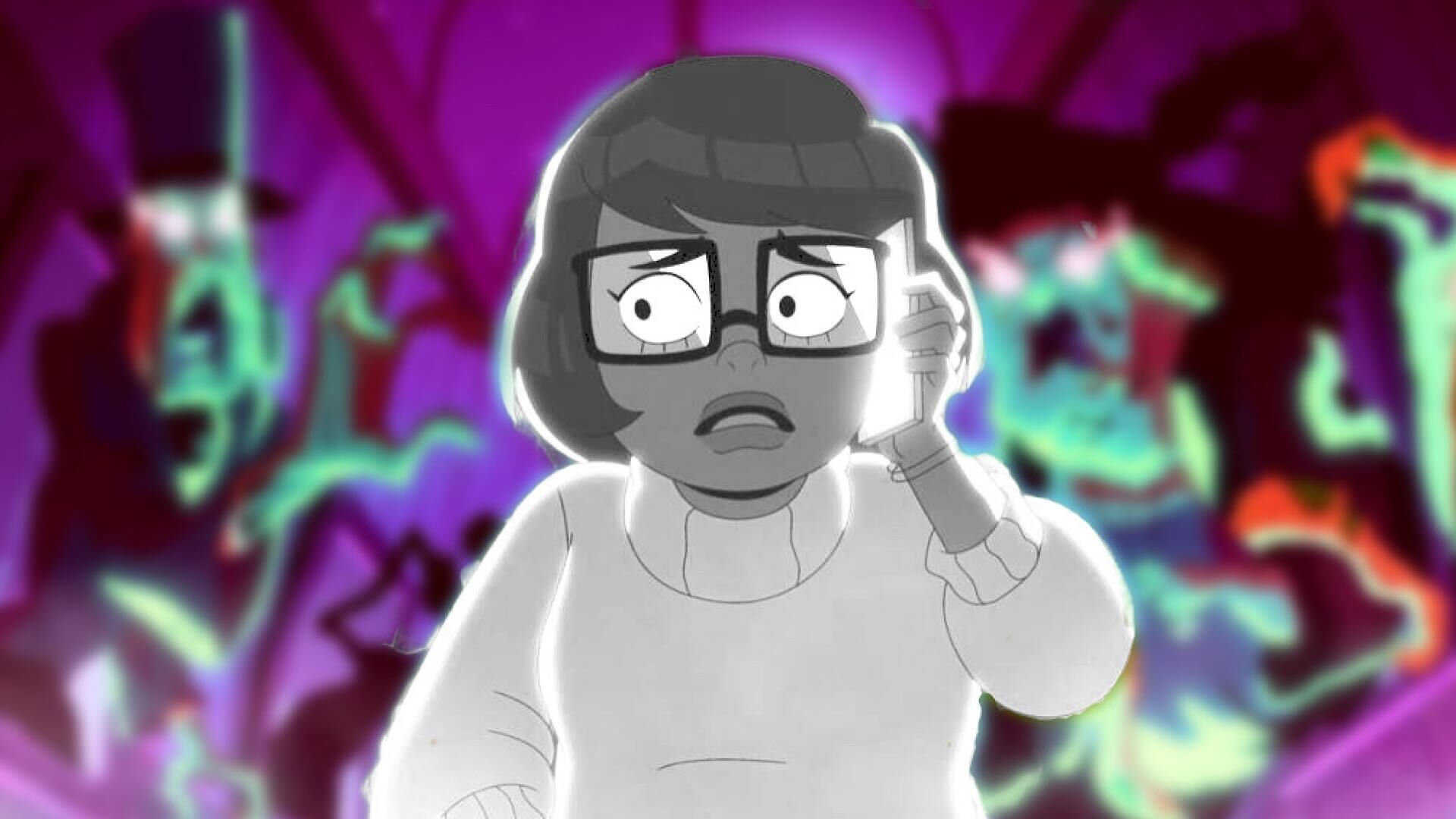



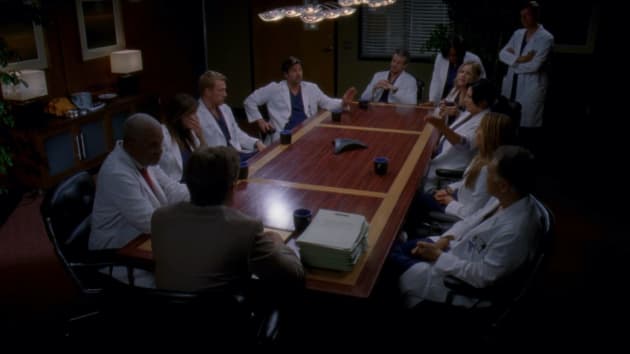

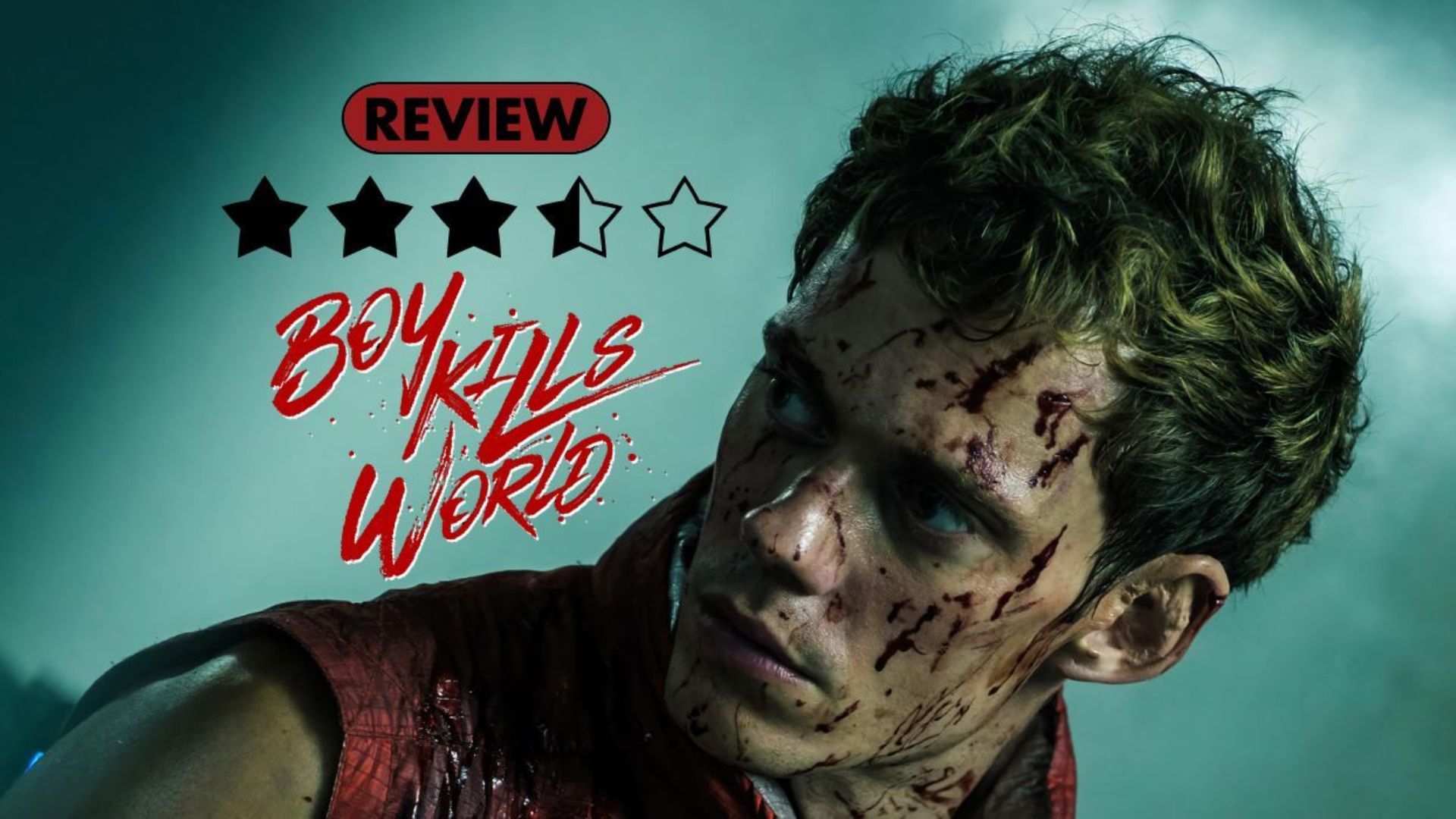
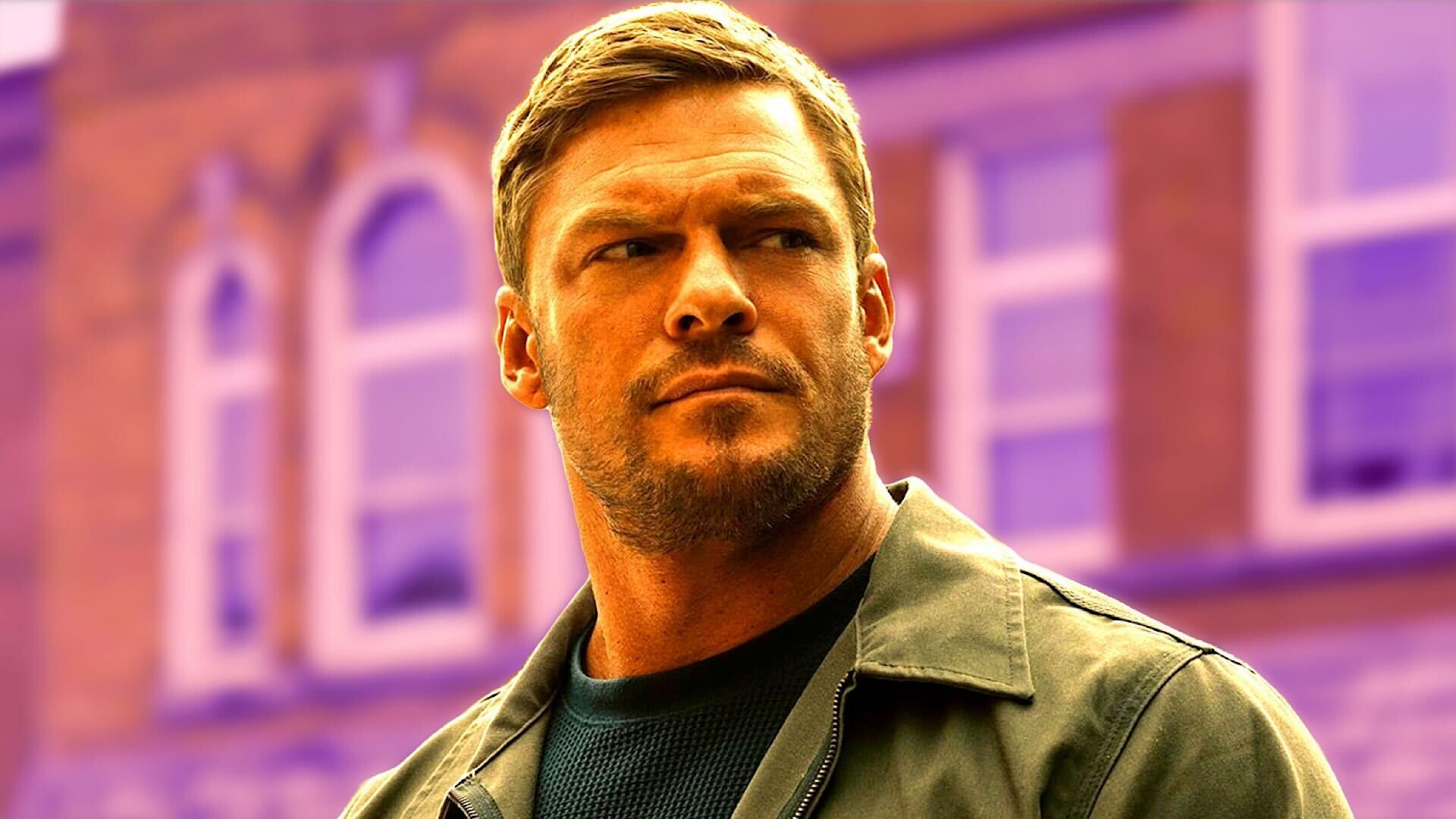


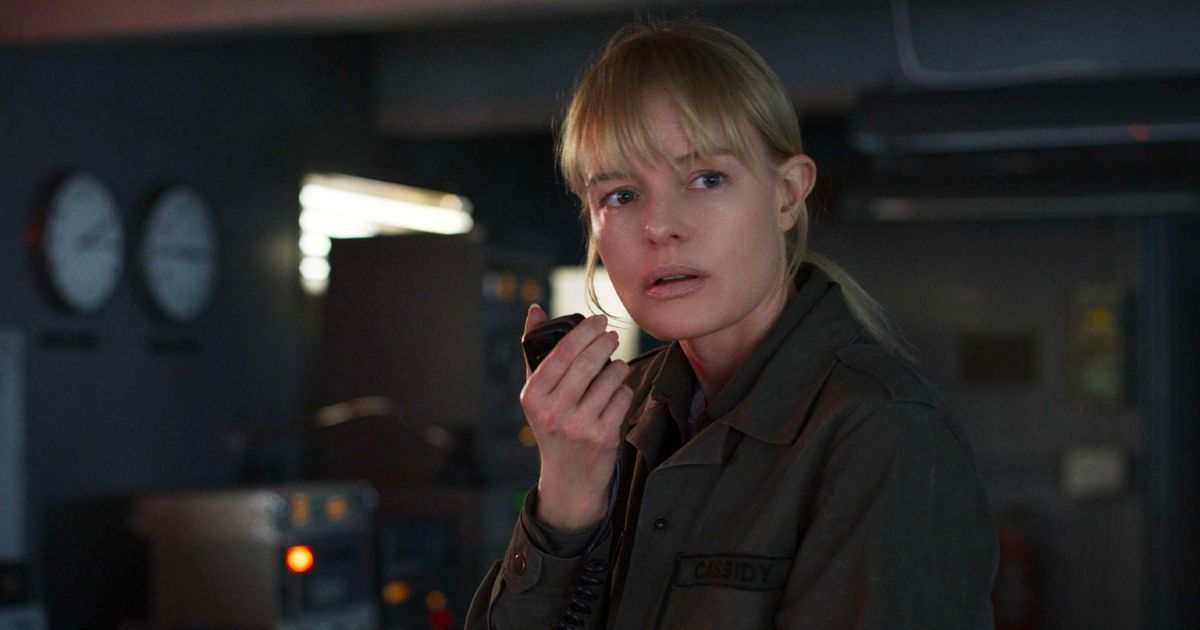

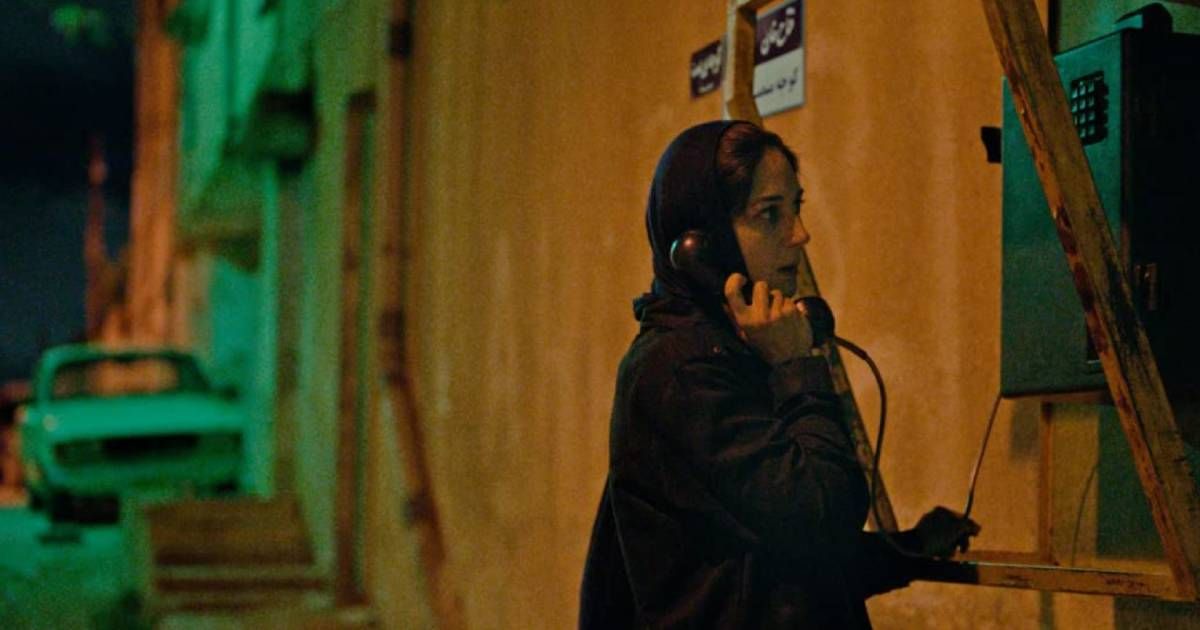



:quality(85):upscale()/2024/04/22/931/n/1922283/abb74e546626d4adbd7255.17882634_.jpg)

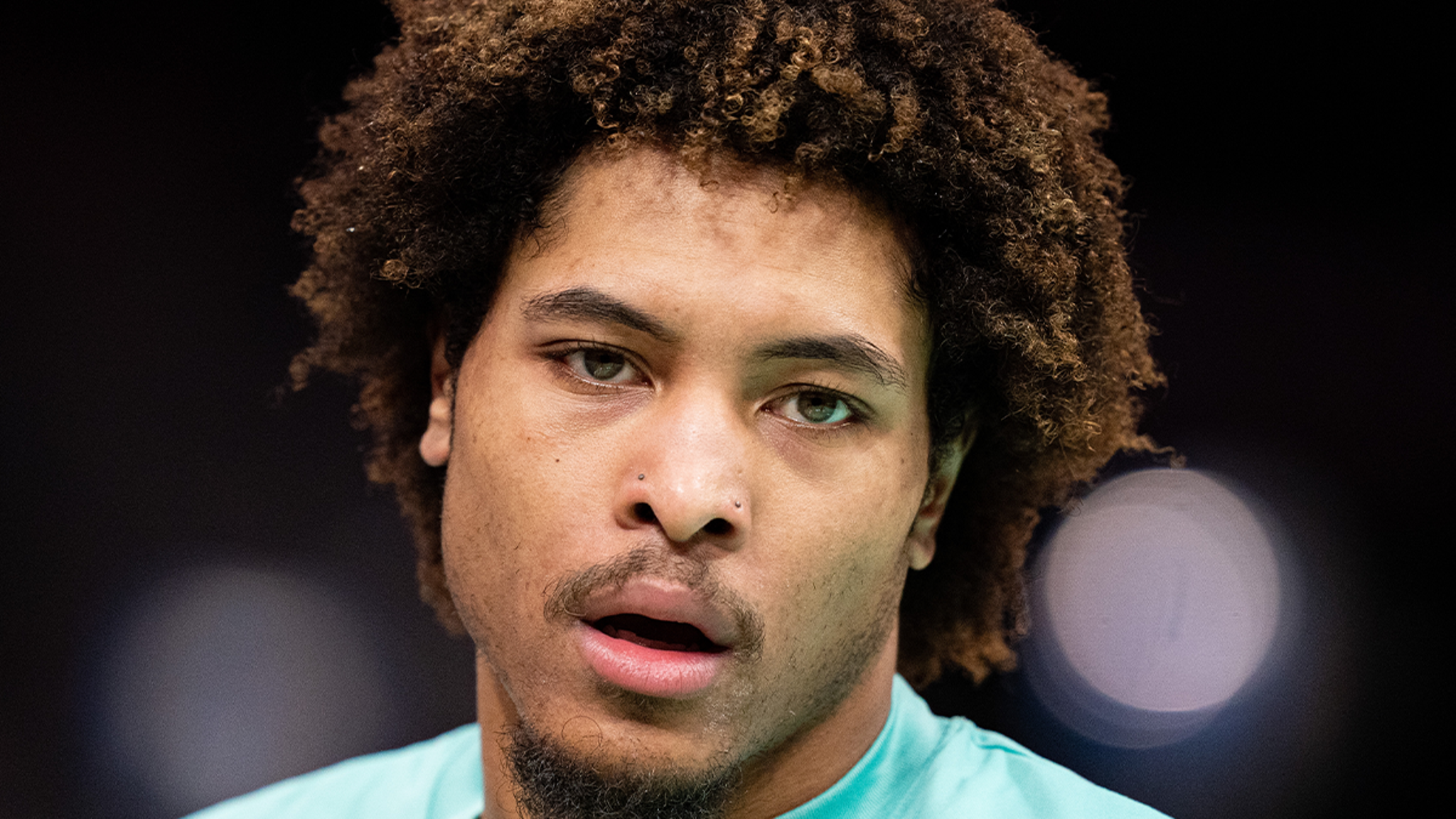
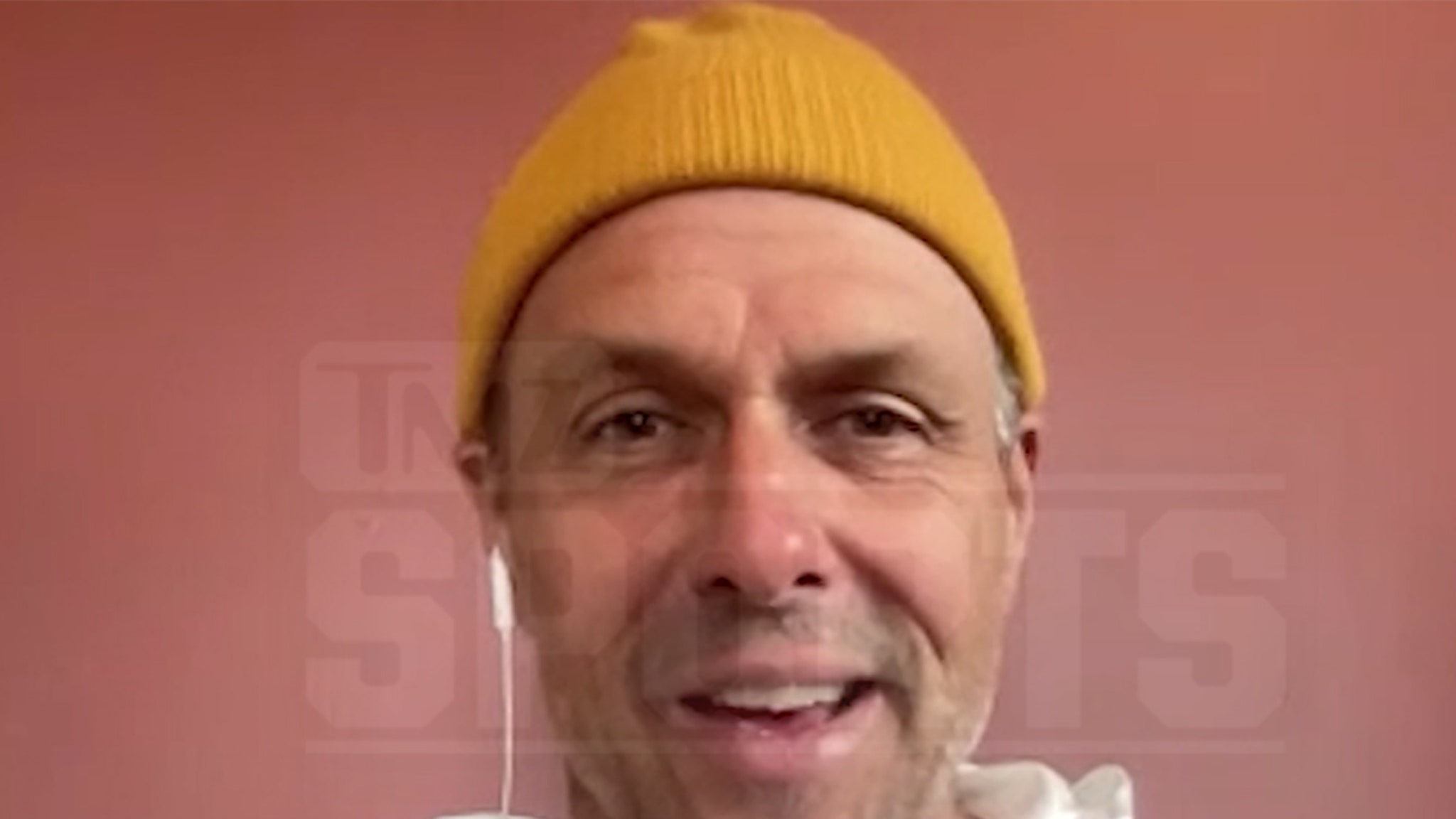


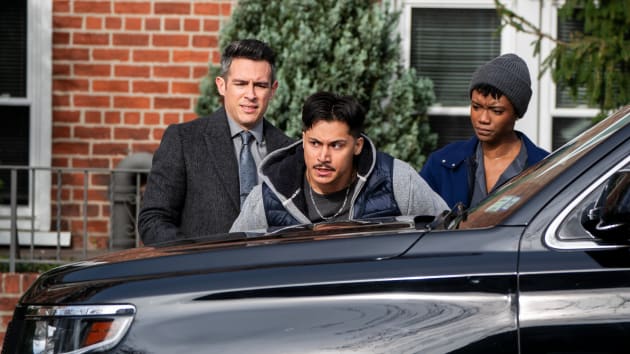
:quality(85):upscale()/2024/04/23/103/n/1922564/4749edea6628605c71c3f6.29683549_.jpg)
